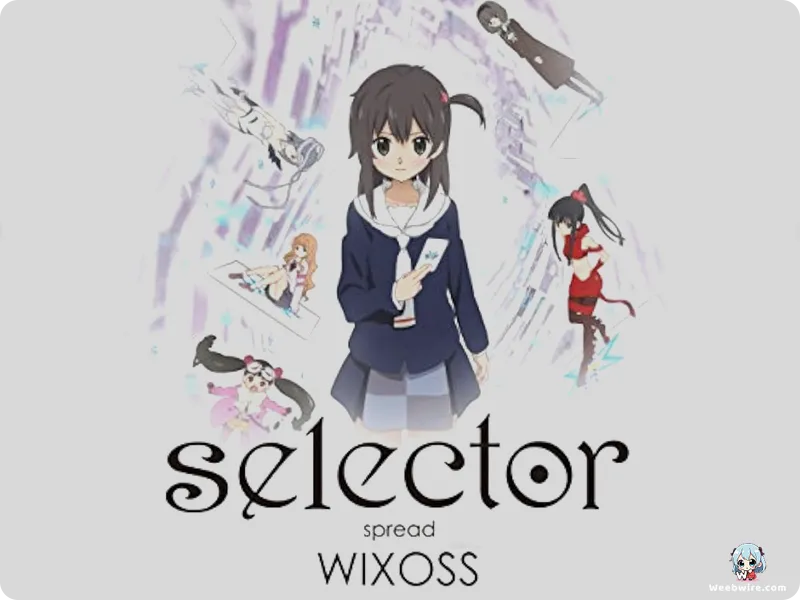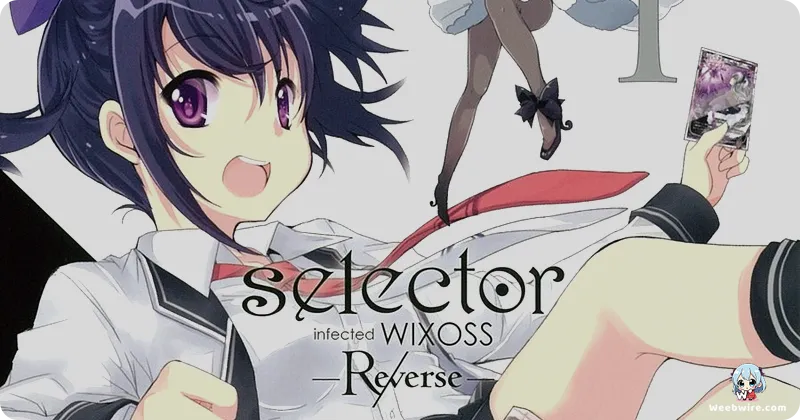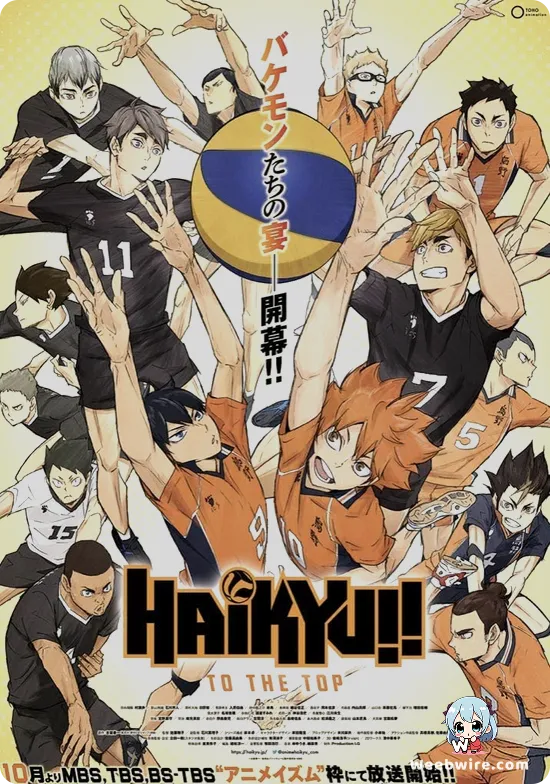Unveiling the Dark Heart of WIXOSS: How a Card Game Anime Became a Psychological Thriller Masterpiece

Debuting in April 2014, Selector Infected WIXOSS immediately shattered conventional expectations for a card game anime, immersing audiences in a profoundly dark psychological thriller rather than the genre's typical upbeat battles. This series masterfully explored the depths of human despair, unbridled desire, and the terrifying repercussions of wishes granted, standing in stark contrast to its contemporaries. A unique aspect of its inception was its direct, symbiotic relationship with a real-world trading card game (TCG). The WIXOSS TCG, produced by Takara Tomy, launched concurrently with the anime, essentially making the series a sophisticated and unsettlingly dark advertisement that blended entertainment with commercial promotion through an unprecedented psychological narrative.
The brilliance of Selector Infected WIXOSS lies in its deceptive presentation. While featuring charming character designs and familiar card battles on the surface, it brutally deconstructed both the magical girl and card game genres. Scriptwriter Mari Okada, acclaimed for her emotional depth in works like Anohana and Toradora!, expertly crafted a narrative where the pursuit of wishes through card duels led not to glory, but to severe psychological torment, irreversible curses, and a terrifying loss of identity. Okada’s signature touch for exploring complex human vulnerabilities made the characters' struggles deeply impactful and often heartbreaking.
The Dark Truth of LRIGs
A central, disturbing revelation involved the true nature of LRIGs (Living Rulergirls), the sentient cards battling for the Selector girls. Initially appearing as mystical partners, it was unveiled that LRIGs are former Selector girls whose wishes were granted at the cost of their bodies being taken over. Trapped within the cards, they are forced into endless battles, desperately hoping to switch places again. This twist transformed the innocuous card game into a prison of despair, where victory offered a fate worse than defeat. The 'Eternal Girl' goal was similarly warped, promising freedom but leading to either becoming an LRIG or suffering an irreversible physical and mental curse.

J.C.STAFF, known for diverse works from Toradora! to A Certain Magical Index, showcased remarkable versatility in delivering such a somber, psychologically intense narrative with high animation quality. The juxtaposition of Kyuta Sakai's appealing character designs (based on LC's originals) with the grim plot amplified the unsettling atmosphere. The series' cryptic world-building and strong symbolism, particularly with mirrors and reflections, fueled extensive fan discussions. Its popularity led to sequels and spin-offs, including selector spread WIXOSS (2014), the movie selector destructed WIXOSS (2016), and the Lostorage series (Lostorage incited WIXOSS in 2016 and Lostorage conflated WIXOSS in 2018), each expanding its dark universe and cementing its legacy as a unique, genre-pushing anime.
Credits
selector infected WIXOSS
Author
LRIG (Original Concept), Mari Okada (Series Composer)
Cover Art
Kyuta Sakai (Character Design), LC (Original Character Design)
Studio
J.C.STAFF
Publisher
Takara Tomy, Shogakukan
Producers





